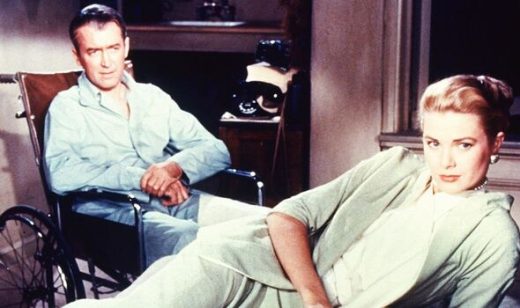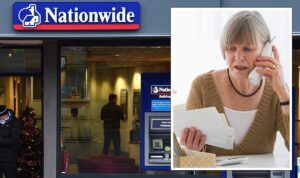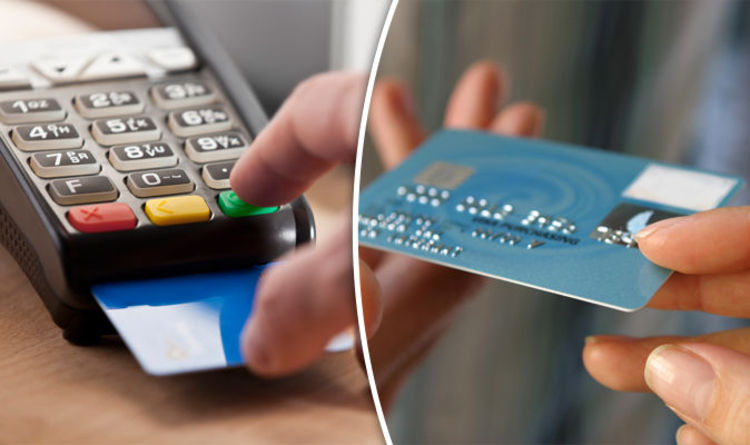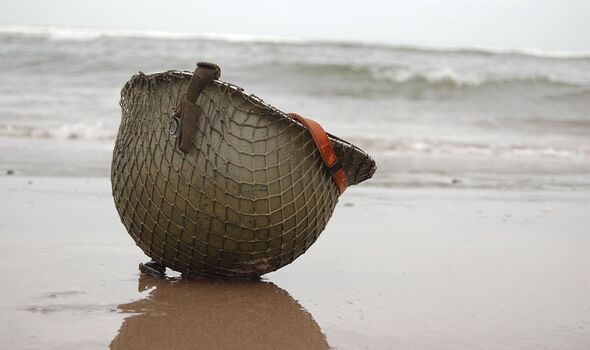Is your money safe? Banks letting payments through WITHOUT your Pin or signature
Even if the wrong number is repeatedly entered, some customers have reported that they were still able to complete their transaction – sometimes without the requirement of their signature.
Generally, a bank card will be blocked if a Pin number is entered incorrectly on three consecutive occasions, but some banks have admitted to allowing transactions even if the Pin is entered incorrectly – and simply ask for the retailer to obtain a signature from the customer.
The irritating and error-prone need for a signature was part of the reason the chip and Pin system was first introduced and could potentially put customers at risk of fraud.
In one instance reported to Telegraph Money, when a customer entered a Pin wrong three times, their Barclays debit card reverted to a signature payment at a Sainsbury’s store. A signature was not even asked for, and the payment for around £40 worth of shopping went through.
A Barclays spokesman told the newspaper: “Our systems closely monitor transaction behaviour where a signature authorisation is requested, to identify and prevent fraud.”
A payment was also allowed in a separate incident when a customer did not have a signature on the back of their debit card.
Contactless payments have become increasingly popular with banks slowly phasing out the Pin security requirement in order “to spare customers inconvenience”.
It is thought some people are now forgetting their Pin numbers, simply because they do not have to use them as often.
Dr Dimitrios Tsivrikos, a consumer psychologist at University College London, told the Telegraph: “In terms of numbering and recalling, the more we practice the more likely we are to remember a number.
“When we don’t practice it, given the large number of numbers and passwords we have in our lives now, the chance of forgetting it increases. It’s use it or lose it.”
If someone’s card gets lost or stolen and payments are made on it without their consent, then by allowing a payment without a pin number, the bank takes on the liability for the transactions.
That means that if someone has been the victim of fraud, they can reclaim the cash from their bank.
John Marsden, a fraud expert at credit checking agency Equifax, said: “By removing the pin requirement, the bank takes responsibility for all non-pin transactions.
“I suspect banks take the decision to allow this based on the conditions of each transaction, and in an effort to ensure the cardholder can continue with their financial transactions.”
You may be interested

Three epic World War 2 films are on TV this weekend and they couldn’t be more different
admin - Jan 10, 2025[ad_1] Three classic World War 2 films on the BBC and ITV this weekend and they couldn't be more different.…

Top 10 James Stewart movies ranked and Rear Window missed out on No 1
admin - Jan 10, 2025[ad_1] The Top 10 James Stewart movies have been ranked by fans on IMDb and Rear Window missed out on…

Meet the millionaire who shut down Wonga – 'the UK's big banks all hate me'
admin - Jan 10, 2025[ad_1] When Dave Fishwick launched Britain's first community bank for 120 years, he inspired a smash hit Netflix movie. Now…
Leave a Comment
You must be logged in to post a comment.


























